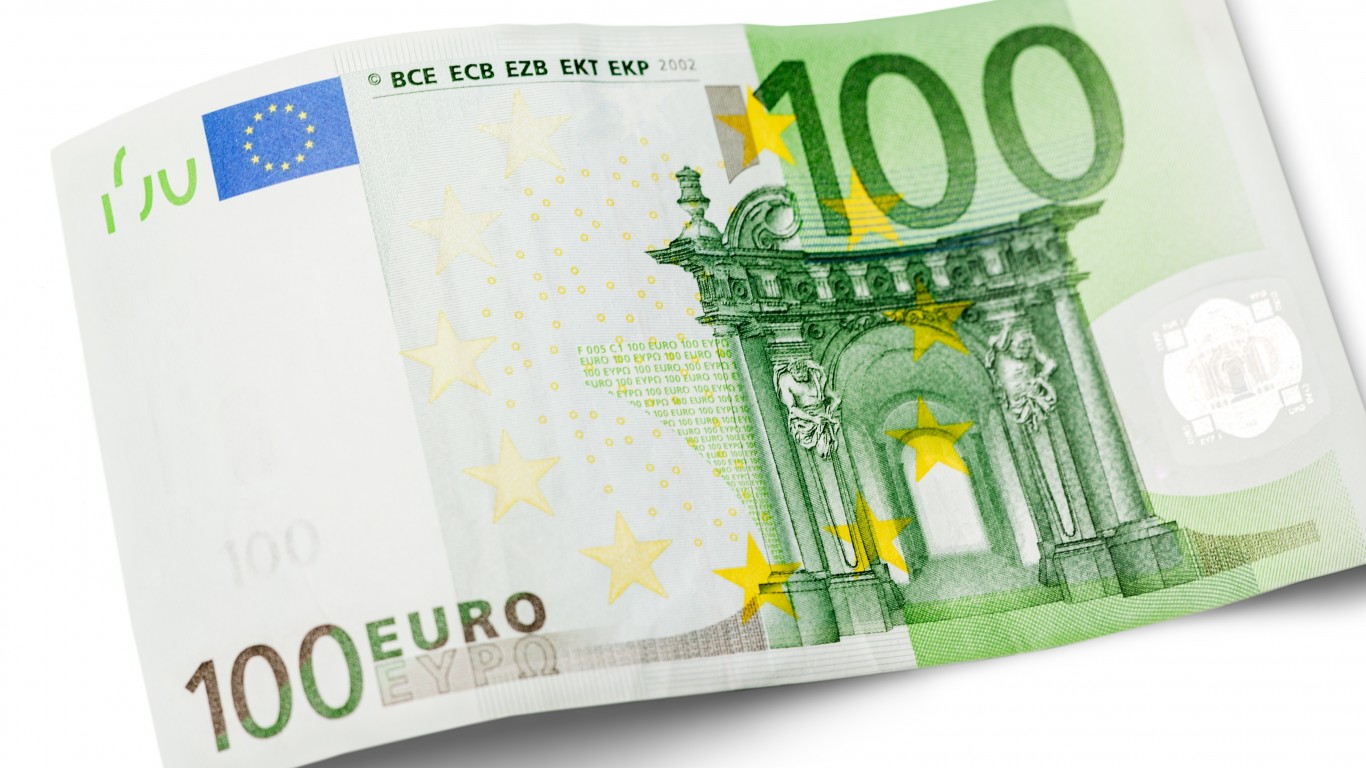Investing
The carbon cost debate is about to become real as prices approach €100

Published:
Last Updated:

The August surge in natural gas prices tied to Russia’s threat to cut Europe off this winter is causing economic monsoons throughout the global economy. One of them is that corresponding carbon credit prices are approaching €100 ($99.8) for the first time, a milestone sure to spark a new era of debate on the cost of carbon pollution.
Prices briefly topped €98 on Friday and have since backed off, but in the past two years they have more than tripled, as big European polluters buy more carbon credits on the European Trading System (ETS). They do this in large part to pay for having to turn on coal plants again in the face of rising natural gas prices.
The rise threatens Europe’s bold plan to cut carbon emissions by 55% by 2030, as some countries say the costs are too high for them and level charges of market manipulation by speculators, a predictable complaint in any market when prices soar. But higher carbon prices also yield benefits, including making technologies such as carbon storage and removal, or hydrogen production from renewable energy, more competitive.
As natural gas prices hit $10 per million British Thermal Units (BTUs) today for the first time in 14 years, we should expect carbon credits on the ETS to hit €100 soon. They are also approaching £100 ($118) on the new London exchange, according to researcher Ember. (See charts: EU Carbon Price Tracker)
Against this backdrop, it’s difficult to envision a major economic step forward in Europe before the winter. But the long-term benefits of rising carbon prices in fighting global warming are at last starting to appear on the horizon.
More insights below . . . .
Subscribe to Callaway Climate Insights to keep reading this post and get 7 days of free access to the full post archives.
Are you ready for retirement? Planning for retirement can be overwhelming, that’s why it could be a good idea to speak to a fiduciary financial advisor about your goals today.
Start by taking this retirement quiz right here from SmartAsset that will match you with up to 3 financial advisors that serve your area and beyond in 5 minutes. Smart Asset is now matching over 50,000 people a month.
Click here now to get started.
Thank you for reading! Have some feedback for us?
Contact the 24/7 Wall St. editorial team.